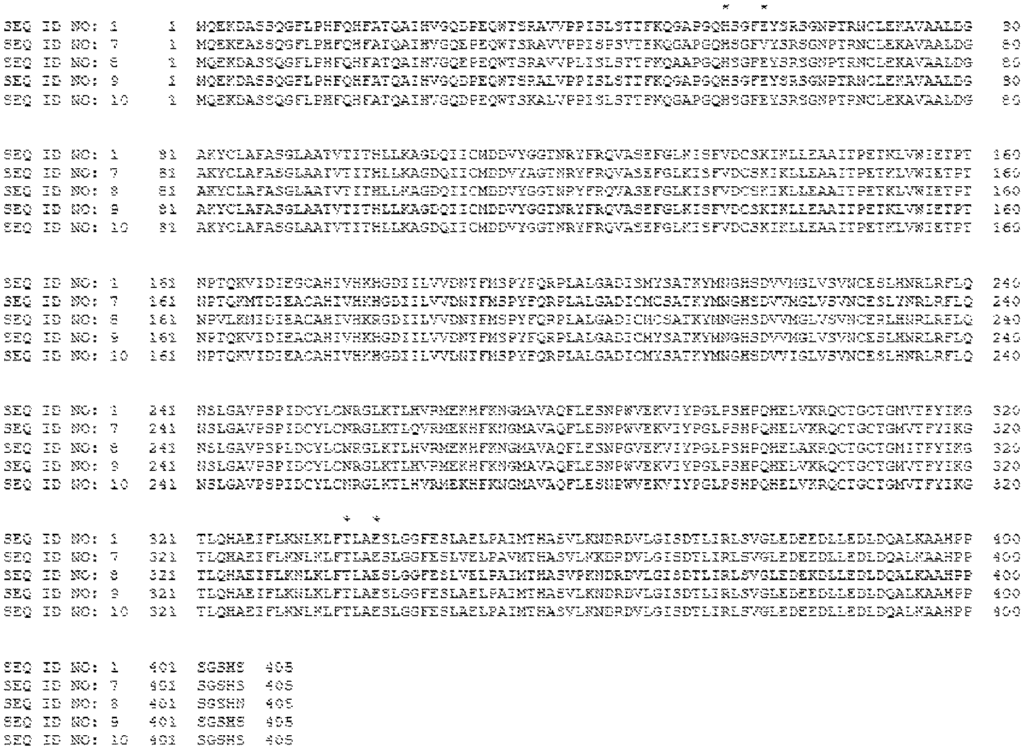Enzyme Therapy for Targeted Treatment of Cystine-Related Disorders
Introduction
Metabolic disorders, particularly those involving the accumulation of amino acids like cystine and cysteine, pose significant treatment challenges. Patients suffering from conditions such as cystinosis face a lifetime of managing symptoms, often with limited therapeutic options. Traditional treatments focus on symptom management rather than addressing the root cause of the problem. Our patented engineered primate cystine/cysteine degrading enzymes offer a groundbreaking approach to these disorders, providing a targeted therapy designed to break down excess cystine and cysteine, reducing the risk of long-term complications and improving patient outcomes.
The Ongoing Need for Advanced Therapeutics
Current therapies for metabolic disorders related to amino acid buildup, such as cystinosis, are often inadequate in fully preventing the progression of the disease. Most treatments aim to reduce the symptoms of these conditions but don’t offer a permanent solution to the underlying metabolic imbalance. For patients, this can mean long-term reliance on medications that may not fully prevent organ damage or other complications resulting from cystine/cysteine buildup.
The limitations of existing treatments highlight the urgent need for more effective, targeted therapies that go beyond symptom management. This is particularly important for rare genetic disorders, where options are often limited, and therapies that directly address the biochemical root cause of the disease are few and far between.
A New Path Forward with Enzyme Therapy
Our engineered primate cystine/cysteine degrading enzymes offer a novel solution to this longstanding problem. These enzymes have been specifically designed to target and degrade excess cystine and cysteine in the body, preventing their harmful accumulation in tissues and organs. By breaking down these amino acids, the therapy reduces the toxic effects associated with their buildup, which can lead to organ damage, particularly in the kidneys and eyes.
This technology opens up new treatment possibilities for patients with cystinosis and related disorders. In addition to addressing the root cause of these diseases, enzyme therapy offers the potential for fewer side effects, greater efficacy, and improved quality of life for patients. The therapy could also be adapted for other conditions where cystine/cysteine accumulation plays a role, broadening its applicability in the treatment landscape.
Key Advantages
- Targeted Therapy: Specifically degrades cystine and cysteine, addressing the root cause of metabolic disorders.
- Reduced Complications: Lowers the risk of organ damage by preventing amino acid buildup.
- Broad Application Potential: Can be adapted to treat multiple cystine/cysteine-related disorders.
- Enhanced Patient Outcomes: Offers a more effective, long-term solution compared to traditional symptom management.
Innovating the Future of Metabolic Disease Treatment
Licensing this enzyme therapy technology provides biotechnology and pharmaceutical companies with the opportunity to lead in developing targeted treatments for metabolic and genetic disorders. This breakthrough offers hope for improving patient care and developing new therapeutics that address the root causes of these complex conditions.

- Abstract
- Claims
What is claimed is:
Share
Title
Engineered primate cystine/cysteine degrading enzymes for therapeutic uses
Inventor(s)
George Georgiou, Everett Stone, Shira Cramer
Assignee(s)
University of Texas System
Patent #
10865407
Patent Date
December 15, 2020
